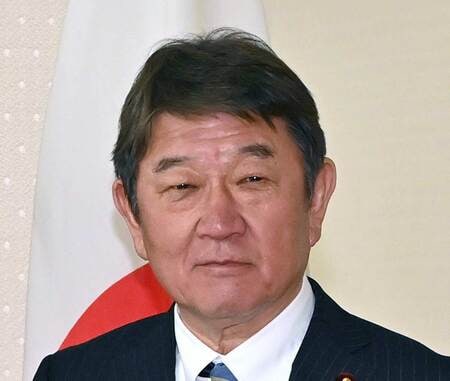Japan's Foreign Minister Toshimitsu Motegi has responded to China's protests concerning his visit to Taiwan. The Chinese government has been vocal about their disapproval of Japan's perceived support for Taiwan's independence. In spite of these reproaches, Motegi defended his visit, saying that promoting open dialogues and mutual understanding is critical to ensuring peace in the East Asia region.
In Japan, this issue underscores the country's careful diplomatic balancing act between Taiwan, China, and other territorial matters in East Asia. The Japanese public is generally supportive of Taiwan due to historical and cultural ties. However, Japan's official position—acknowledging the One-China Policy while maintaining economic and cultural interactions with Taiwan—is sensitive to both Chinese influence and domestic political considerations.
In the US and the EU, foreign relations policies towards Taiwan are similarly cautious. While there's significant economic and cultural cooperation, there's acknowledgment of China's One-China Policy due to economic implications and the potential for political conflict. However, in recent years, these Western nations' relationship with China has become more confrontational over human rights issues and trade disputes, with some leaning towards more open support for Taiwan.

